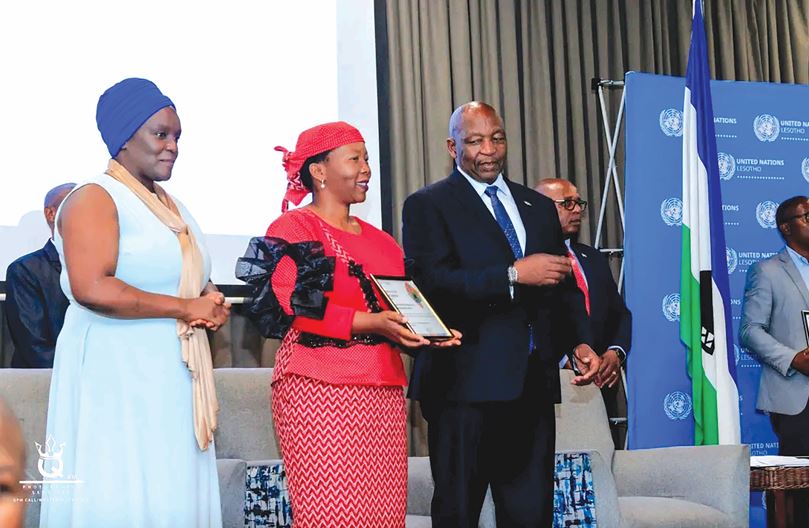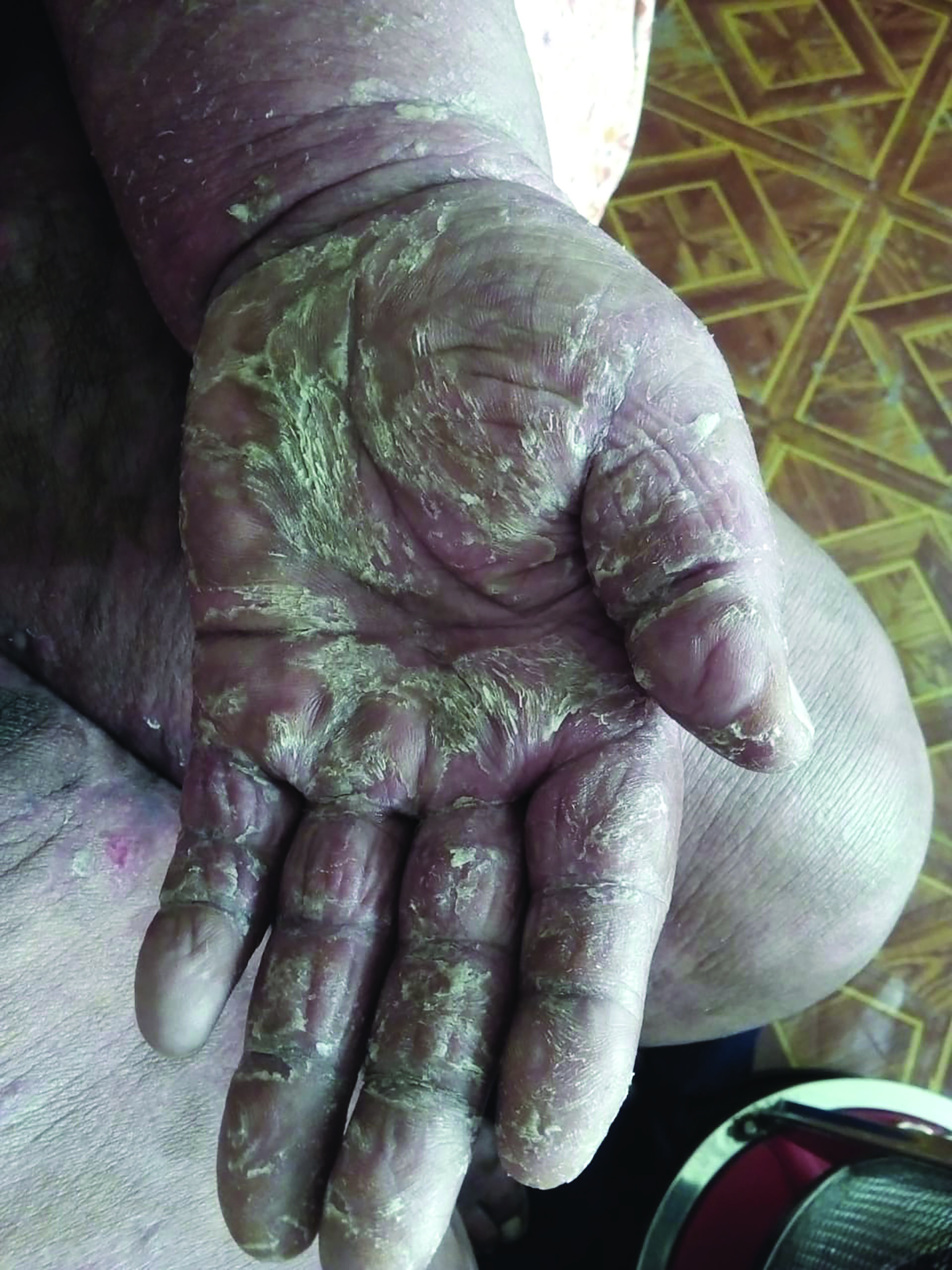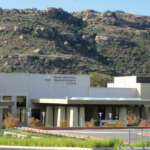… Bereng wins award after losing baby due to medical negligence
A heartbreaking personal loss has ignited a movement to save lives in Mohale’s Hoek.
Chieftainess Matšenolo Bereng, the Town Clerk of Mohale’s Hoek, has turned her pain into purpose and spearheaded a campaign that has transformed maternal and neonatal health outcomes in her community.
This week, Bereng was honoured with a prestigious United Nations award for her outstanding contribution to improving the Quality of Maternal and Neonatal Health Services in the district.
Her journey began with tragedy. Years ago, she lost her unborn baby when doctors at Ntšekhe Hospital failed to detect a critical complication in time. But instead of succumbing to anger or despair, she chose to return to the same hospital, this time as a volunteer advocate for safer motherhood.
“I could not change what happened to me, but I could help prevent it from happening to others,” she said.
Through her tireless work as a Maternal Health Champion, Bereng launched community awareness drives, village dialogues, and hospital partnerships encouraging women to seek antenatal care (ANC) as soon as they know they are pregnant.
The results have been extraordinary. From January to July 2025, Ntšekhe Hospital recorded zero neonatal deaths, a milestone credited directly to her campaign.
“The recognition means I need to do more until no woman in Lesotho, not just in Mohale’s Hoek, has to die because of childbearing,” she said. “Every pregnancy must be wanted, and every childbirth must be safe.”
Her success stands in stark contrast to Lesotho’s national maternal and neonatal health crisis. According to UNFPA Country Representative John Kennedy Mosoti, Lesotho’s Maternal Mortality Ratio (MMR) remains at 530 deaths per 100,000 live births, while the Neonatal Mortality Rate (NMR) is 26 per 1,000 live births, among the highest in Southern Africa.
The 2023–24 Lesotho Demographic and Health Survey (DHS) paints a similar picture. It shows that 26 babies out of every 1,000 die in their first month, 39 before their first birthday, and one in every 19 children never reaches the age of five. Still, the figures reflect progress – neonatal deaths have dropped by 43 percent since 2004.
UNFPA’s Sexual and Reproductive Health and Rights Coordinator, Blandina Motaung, said the persistently high maternal death rate, comparable to countries at war, is a major concern.
“It is alarming that nearly 90 percent of Basotho women deliver in health facilities yet continue to die. This points to poor quality of care,” Motaung said.
“The main killers, postpartum haemorrhage and hypertensive disorders, are preventable. These deaths occur inside the very institutions meant to save them.”
She said the solution lies in full implementation of the Maternal and Perinatal Death Surveillance and Response (MPDSR) system, a mechanism designed to ensure that every death is reviewed, lessons are learned, and accountability is enforced.
“This system shifts the culture from blame to learning,” she added. “Parliamentarians, in particular, must hold the Minister of Health accountable for its effectiveness and ensure that funds go toward critical interventions such as midwifery training, blood banks, and emergency services.”
Summary
- This week, Bereng was honoured with a prestigious United Nations award for her outstanding contribution to improving the Quality of Maternal and Neonatal Health Services in the district.
- But instead of succumbing to anger or despair, she chose to return to the same hospital, this time as a volunteer advocate for safer motherhood.
- She said the solution lies in full implementation of the Maternal and Perinatal Death Surveillance and Response (MPDSR) system, a mechanism designed to ensure that every death is reviewed, lessons are learned, and accountability is enforced.

Ntsoaki Motaung is an award-winning health journalist from Lesotho, specializing in community health stories with a focus on sexual and reproductive health and rights, as well as HIV. She has contributed to platforms like “Be in the KNOW,” highlighting issues such as the exclusion of people with disabilities from HIV prevention efforts in Lesotho.
In addition to her journalism, Ntsoaki serves as the Country Coordinator for the Regional Media Action Plan Support Network (REMAPSEN). She is also a 2023 CPHIA Journalism Fellow.









